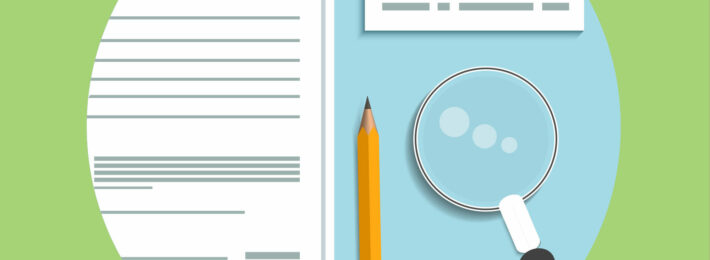
As donors are increasingly cautious of how their resources are allocated, properly informing, communicating, and stewarding donors is essential to ensure continuous giving. However, few institutions are strategic in identifying which donors need attention, and when and how that attention should be paid. Moving to a strategic donor relations model allows you to improve the effectiveness of your institution’s stewardship efforts.
We reached out to the faculty for Revitalizing Your Donor Relations Program, four nationally-known donor relations experts and asked each of them the question, “What is one way that we need to rethink donor relations this year?”
Here are their answers.
Debbie Meyers, University of Maryland
What is one way we can rethink donor relations?
 Put on your donor glasses!
Put on your donor glasses!
This will sound funny, considering we’re talking about the field of donor relations. But sometimes we get caught up in the mechanics and the bling of all the things we do, and we forget to see things from our donors’ perspective. For instance, rather than sounding genuine and sincere, our acknowledgment letters – which are produced in massive quantities – begin to sound like the result of fundraising mad libs: “your generous support propels us into frontiers of excellence.” Blah, blah, blah. Our events are template repeats from year after year. In an effort to get things done, we sometimes take the path of least resistance rather than striving for a meaningful interaction with our donors.
Put yourself in your donors’ shoes. What kind of letter would you enjoy reading? What kind of event would you find entertaining and meaningful? Find a way to make it work. It’s better to do fewer, better letters than more, formulaic letters.
Mull this over: if you had the opportunity to build your program from scratch, what would you change that would make your publications, events, recognition programs – everything donor relations – more geared toward your donor rather than toward how you or your institution is comfortable or familiar doing things?
Mary Solomons, Skidmore College

What is one way we need to rethink donor relations?
Skidmore College’s tagline is “Creative Thought Matters.” It guides the way we teach our students, the way we problem solve, and the way we interact with our donors. I also think it’s how we need to rethink donor relations. Get rid of dinners with talking heads, dry donor reports, and acknowledgements that could have come from any one of a dozen non-profits. Eliminate the words “we’ve always done it that way” from your vocabulary. Take risks. Try new things. Captain your own Starship Enterprise and go boldly where no donor relations outreach has gone before.
Lynne Wester, Donor Relations Guru

What is one way we can rethink donor relations?
I think that one way we can rethink donor relations is by looking at the donor from their behaviors, not just at their giving amounts. In order to battle ever decreasing retention rates, we need to reward donor behavior and recognize that longevity is just as important as grand amounts and bug checks. Our most loyal donors are our lifeblood and sustain our organizations, yet these donors are often overlooked.
Kathleen Diemer, George Mason University

What is one way we can rethink donor relations?
A gift is made and a thank you letter gets sent. An endowment is established and annual reports go out in response. A tribute gift is made and we notify a loved one. A major gift is being finalized and we draft a gift agreement. All of these activities are reactive, but your donor relations team often has much history and knowledge to offer and should be part of the active strategy discussions at your organization.
At many organizations, the donor relations staff tends to have a great deal of longevity. During the course of many years they may be the most consistent area of contact for your donors. As such, they get to know not just the data, but also the donors themselves. The nature of what we do lends itself to knowing the stories behind the gifts and what truly drives our donors to give. This is important knowledge as we look to move our donors to their next level of giving. Next time you think about how to connect with a donor or what future giving opportunities might appeal to a specific donor, stop and ask your donor relations colleagues. They may have valuable insight that can help you better plan your next big ask.

